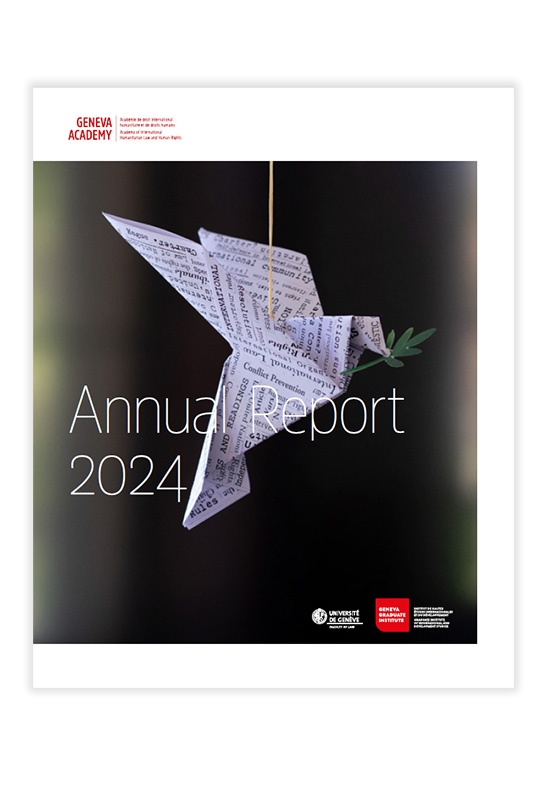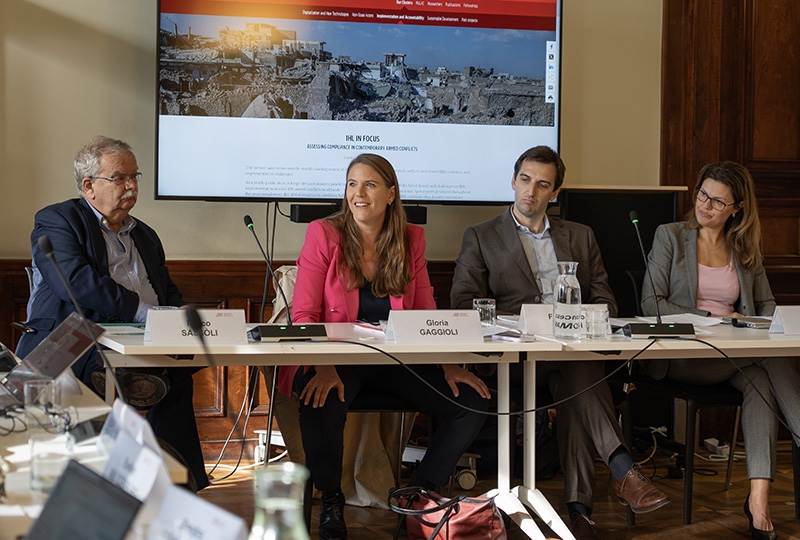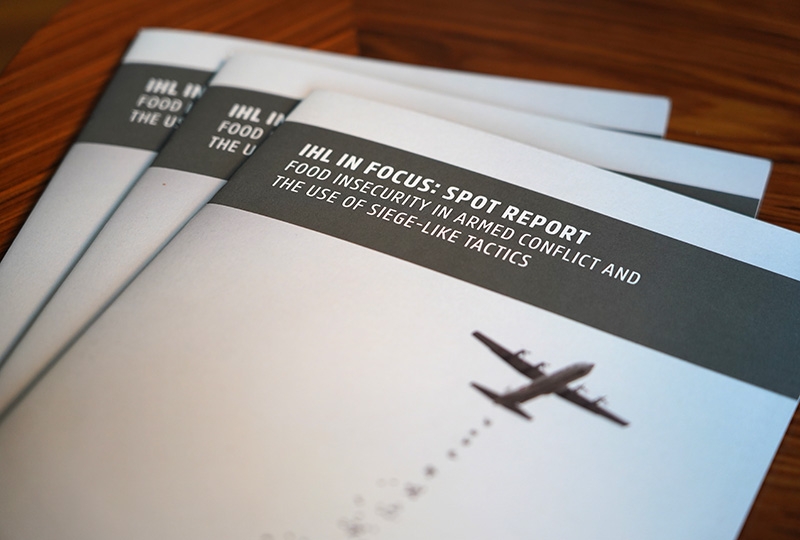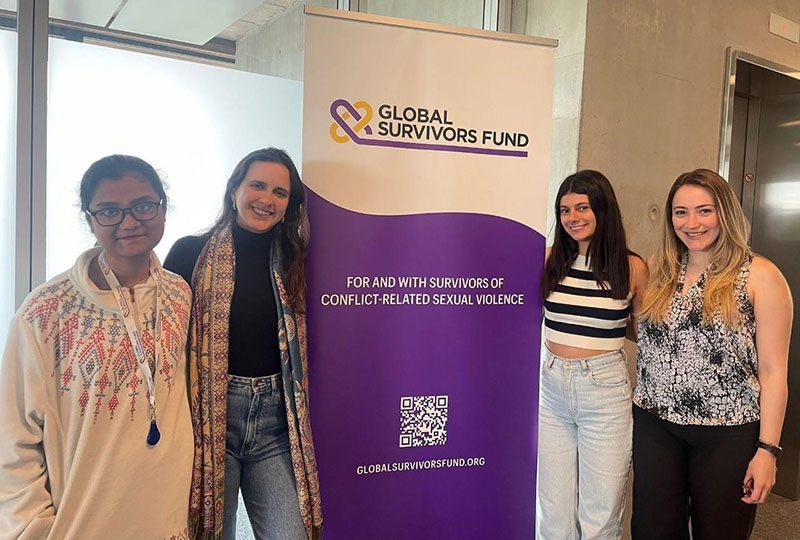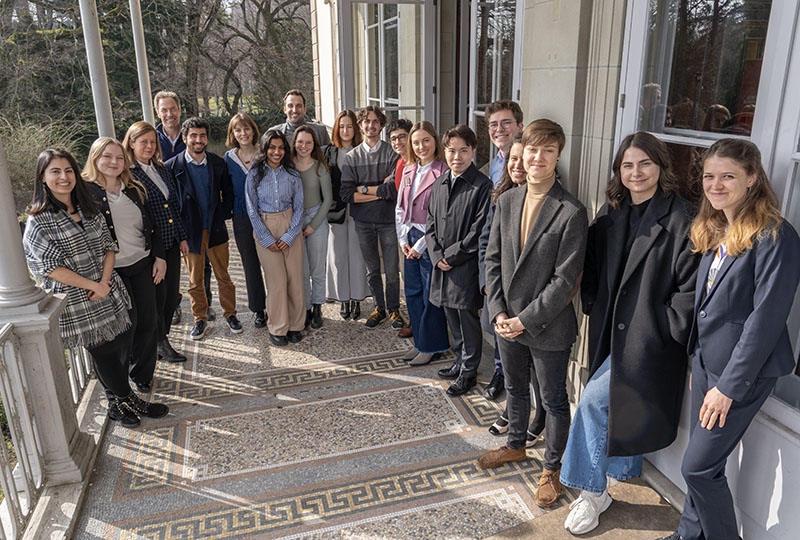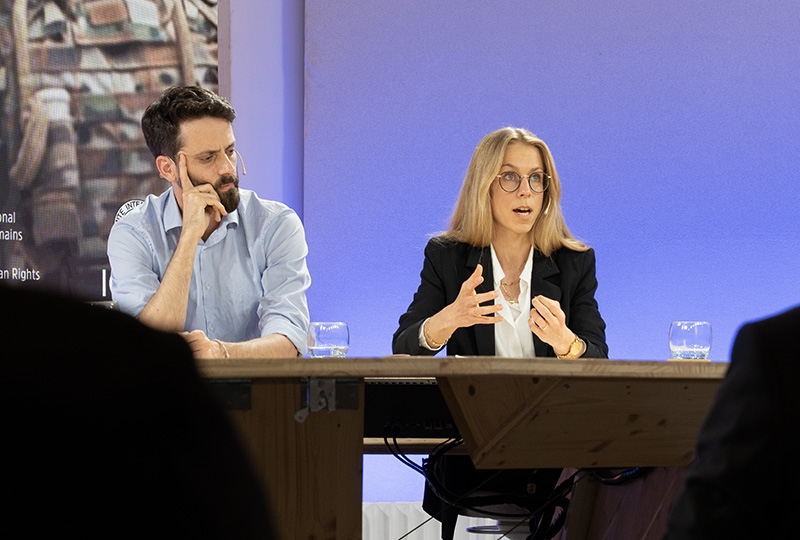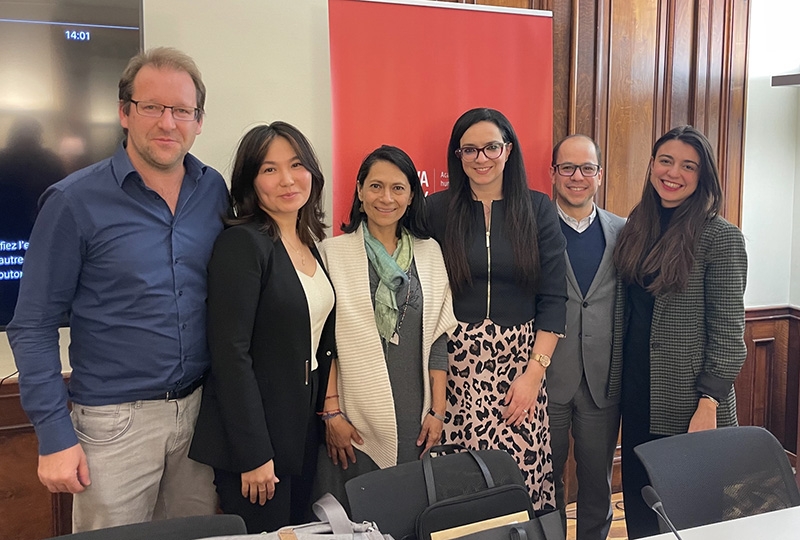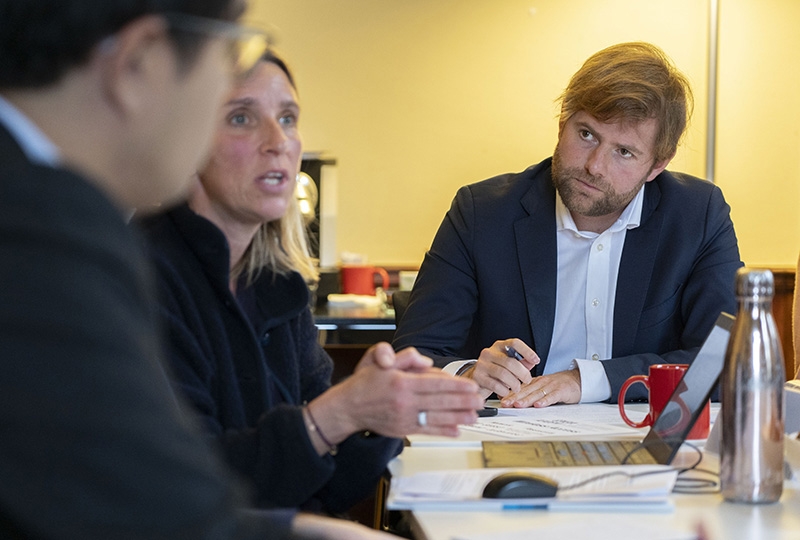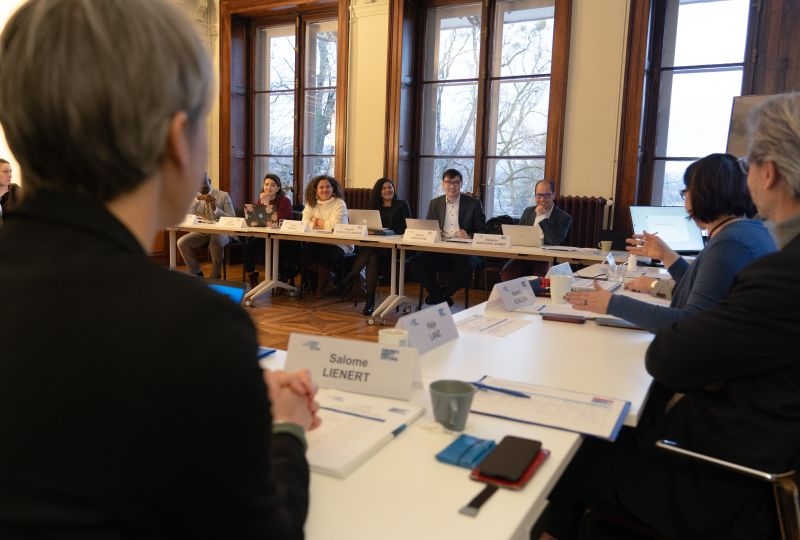Artificial Intelligence in Military Operations Under Scrutiny
Responding to growing concerns about AI in warfare, Anna Rosalie Greipl – researcher at the Academy – authored a comprehensive report examining ‘Artificial Intelligence and Related Technologies in Military Decision-Making on the Use of Force in Armed Conflicts.’ Developed with contributions from the International Committee of the Red Cross, the report identifies potential risks and proposes mitigation measures as military AI applications become increasingly sophisticated.
Environmental Rights and Sustainable Development Focus
Dr. Christophe Golay, Senior Research Fellow at the Academy, expanded the Academy's research into the intersection of human rights, sustainable development, and environmental protection. This work examined the right to food in Geneva and explored connections between environmental rights and climate change mitigation, addressing growing concerns about environmental degradation and economic inequality.
Digital Innovation Transforms Human Rights Monitoring
Dr. Domenico Zipoli, Senior Research Fellow at the Academy, looked into digital human rights tracking tools and databases highlighting how technology is revolutionizing human rights monitoring globally. This Academy Briefing explores emerging digital platforms that enhance implementation, reporting, and follow-up mechanisms for human rights protection worldwide.
The research initiative included international roundtables, expert briefings, and presentations at major international events, demonstrating the Academy's commitment to innovation in human rights advocacy.


